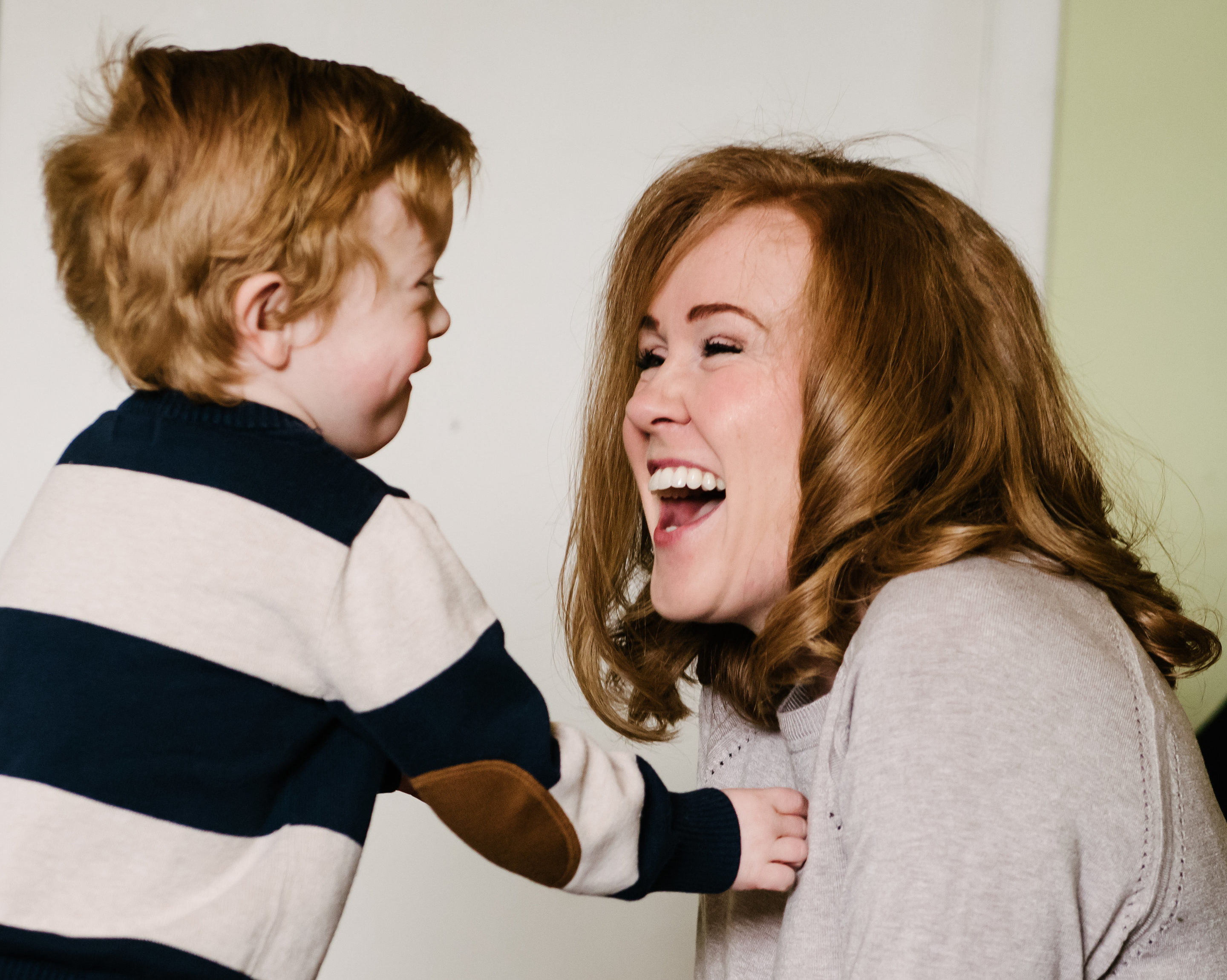Overcoming the Power Struggle: Parent-Child Bonding Through Music
The importance of playing with our kids cannot be overstated. Play is the foundation of connection for a child, and the more connected a child feels the less often power struggles arise. But it can be difficult for parents to take time to do play because we think differently from our children so much of the time.
Music can help.
In his Transactional Analysis Theory, Psychiatrist Eric Berne says that each person has three alter ego states: Parent, Adult and Child. As we learn more about these states it can significantly impact our parenting and minimize power struggles that we all run into with our children.
The Parent ego strives to order, instruct, and direct those around them.
The Adult ego transfers information back and forth without much emotion (like in a school setting).
And the Child ego is highly emotional, showing a range of emotions from great excitement to intense anger and meltdowns.
We all operate in and out of these egos throughout our lives, and as we enter adulthood we tend to spend less and less time, if any, in the Child ego state. And yet, when you are a parent, that’s the state that your child craves you to enter. Big emotions, great excitement, play, and connection.
Instead, as parents we often fall into the Parent ego trap. We direct, instruct, correct, and constantly tell our children what needs to be done and how to do it. It’s necessary at times, but not much fun when it’s our only method of existence. But don’t feel too bad if you fall into this–we all do it (almost compulsively at times)! And we don’t need to completely abandon the parent ego, because our children do in fact need to have this type of direction. The trick is learning how to let it go sometimes.
According to Amy McReady with Positive Parenting Solutions, if we spend more than 30% of our time in this mode, we are missing opportunities to connect with our kids, and inadvertently invite power struggles.
However if we take time to intentionally tap into our child ego by playing and laughing with our kids, everyone benefits substantially, and the power struggles, meltdowns, and frustrations diminish.
They don’t disappear, but they are fewer and farther between.
Why?
Because when a child feels that you truly care about them, when they feel a sense of significance and belonging, they don’t feel so compelled to exert their own power, independence, and significance by fighting against you.
They feel content to be with you. To play, create, and be mutually independent.
However if you spend all day directing your child and instructing and telling them what to do, it turns them off and creates in them a desire to exert their own independence. They want to show you there is a real person inside of them who they feel like you are missing.
Can you sense the problem?
The solution is to take intentional time to play with your children. Take time to enter the child ego state–to laugh, explore, tap into your sense of wonder, and remember that our existence is not all about getting things done. It’s about Being.
Admittedly, it can be difficult to find ways to become more childlike. You spend so much energy trying to understand your child, keep them safe, help them succeed, overcome obstacles, and keep your household running; how in the world are you supposed to find effective ways to play with them?
Music is a powerful solution.
Listen to your child’s favorite songs together. Dance to music, sing along with their favorites, help them create their own playlists of their favorite songs and jam out to them together. Even a 2 year old will love having their own “spotify playlist!”
You can also play instruments together with your kids. If you’re not musical, use drums or kazoos and simply play with sound. And practice letting go of the need to direct or make it “sound good”. Just follow your child’s lead and explore the musical world around you.
All kids are drawn to music in some way. When you make an effort to meet them in that musical place they love, it creates powerful bonds and will let your child know that you see them. You care about what they like. You hear them.
And their need to exert their own power will diminish because they will start to feel significant, independent, and like they truly belong.
All because you took the time to play with them and to play like them.
Resist your desire to direct and instruct, and instead, create sound as a child would. Listen and move as a child does.
Follow the example of the best child ego teacher around: that little one holding your hand.
You’ll be amazed at the power you feel.

